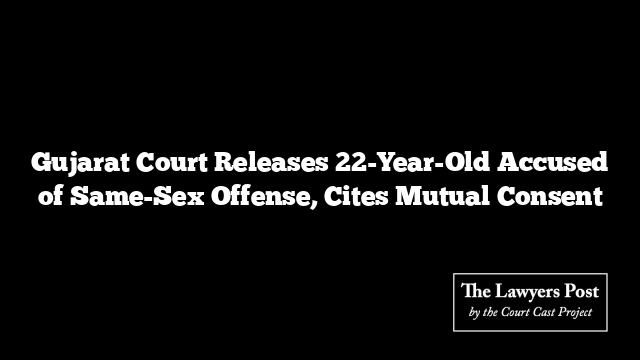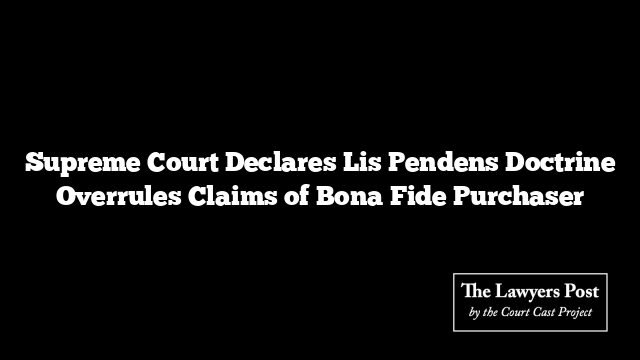The Supreme Court has clarified that transferring immovable property to a minor via a sale deed is legally permissible, setting aside concerns about a minor’s capacity to enter into contracts. The ruling highlights that a sale, as defined under Section 54 of the Transfer of Property Act, is a transfer of ownership in exchange for payment and should not be considered a contract, which would typically fall under the restrictions of Section 11 of the Indian Contract Act, 1872.
The bench, comprising Justices CT Ravikumar and Sanjay Kumar, reasoned that while an agreement to sell may qualify as a contract, the actual sale itself is a direct transfer of ownership. Consequently, Section 11’s stipulation that minors are not competent to contract does not obstruct the legal transfer of property to a minor. The ruling establishes that a minor can be the recipient of a sale deed, thereby acquiring ownership of the property, though they cannot act as the seller.
The Court further explained that once the property is transferred to a minor, that individual—upon reaching adulthood—gains full legal authority to transfer the property to another person. The original transfer cannot be contested on the basis that the owner was a minor when the property was initially acquired.
This judgment emerged from a case where the validity of a property transfer was contested. The defendants argued that a property transfer made in 1968 was invalid because the original owner, Sitaram, had acquired the property in 1963 when he was 17, and thus, lacked the legal capacity to hold a valid title at that time. While lower courts ruled in favor of the defendants, the High Court reversed this finding, and the Supreme Court upheld the High Court’s decision.
Justice Ravikumar’s opinion emphasized that no legal impediments existed when Sitaram initially obtained the property in 1963, or when the sale deed was executed in 1968, as he had reached the age of majority by then. The judgment also dismissed claims related to benami transactions, citing the prohibitions under Section 4 of the Benami Transactions Act, 1988, which bars legal challenges against property ownership based on benami claims.
In conclusion, the Supreme Court ruled that the transfer of the property in 1968 could not be disputed based on arguments regarding Sitaram’s title, affirming that the property transfer was valid and dismissing the appeal.





